Shenzhou XVIII astronauts aboard China's orbiting Tiangong space station have completed several tasks in recent days, including a fire alarm test, according to the China Manned Space Agency.
The agency said the crew — mission commander Senior Colonel Ye Guangfu and crew members Lieutenant Colonel Li Guangsu and Lieutenant Colonel Li Cong — activated temperature and smoke detectors in the space station's core module and its two science modules to examine whether they could function normally.
The crew also performed blood sampling work last week to check their health. Some of the blood samples have been refrigerated and will be brought back to Earth for further research about prolonged space-flight's impact on human bones and metabolism, the agency said.
The astronauts also conducted other medical checks such as dynamic electrocardiographic blood pressure measurement and pulmonary function tests during physical exercise, it said.
Wang Yanan, chief editor of Aerospace Knowledge magazine, said on Wednesday that China has not been running its own space station for very long, and needs to gain more knowledge about lengthy space missions' possible impact on its astronauts.
"Such knowledge and solutions to the possible problems (in astronauts' health) will be extremely important to maintain mission crew's physical and mental wellness," he said. "They will also be crucial if China wants to establish permanent infrastructure on the moon that is regularly manned.
"Therefore, a key task for astronauts is to carry out a variety of medical checks and tests in orbit."
The Shenzhou XVIII astronauts — the seventh group of inhabitants of the Chinese space station — were carried into orbit on April 25 by a Long March 2F carrier rocket launched from the Jiuquan Satellite Launch Center in northwestern China. They arrived at the Tiangong space station the next morning to take over from their Shenzhou XVII peers.
While in orbit, they have performed two spacewalks to install space debris shields and check the condition of extravehicular equipment.
With more than half of their space journey complete, the astronauts will spend the rest of their stay carrying out scientific experiments and technological tests, the agency said.
Completed in late 2022 and orbiting Earth at a distance of about 400 kilometers, Tiangong is one of the largest and most complex structures ever established in space.








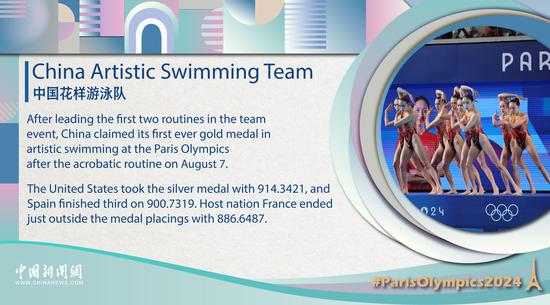

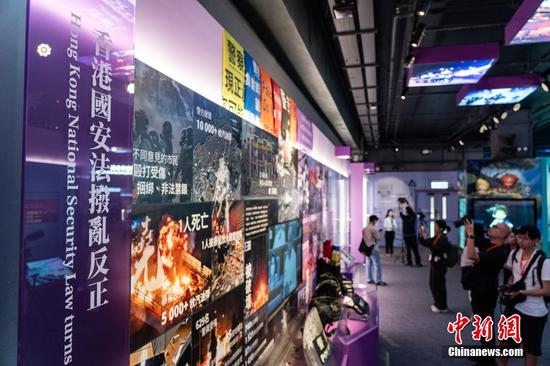
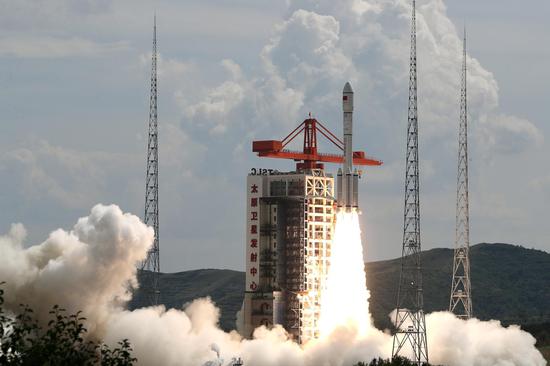



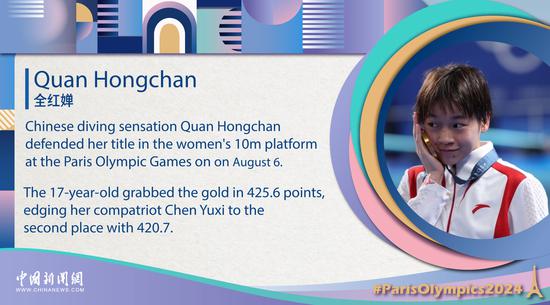

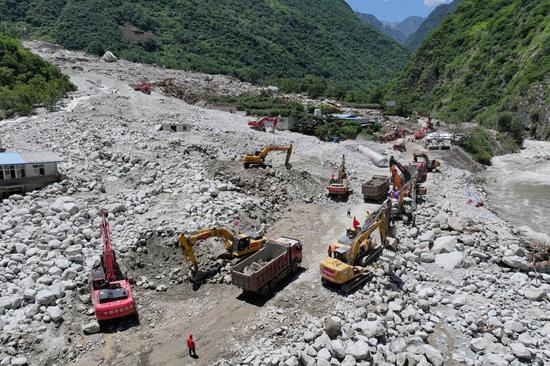
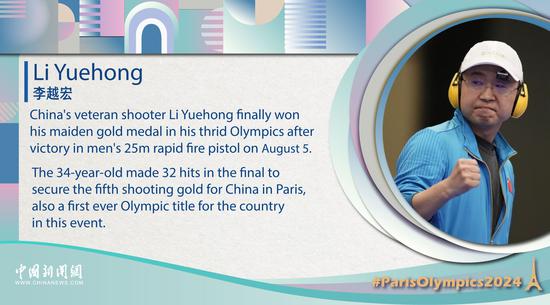




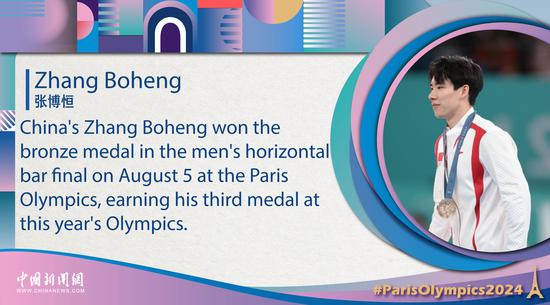
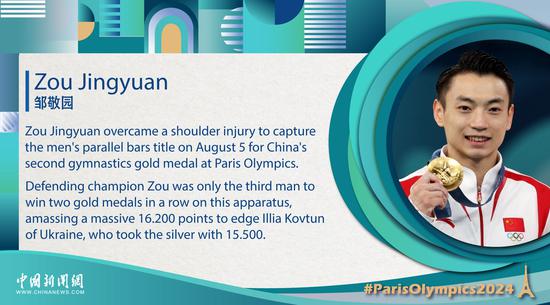






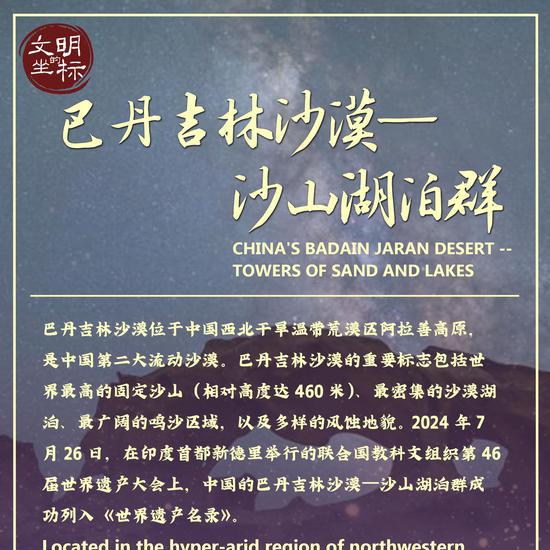

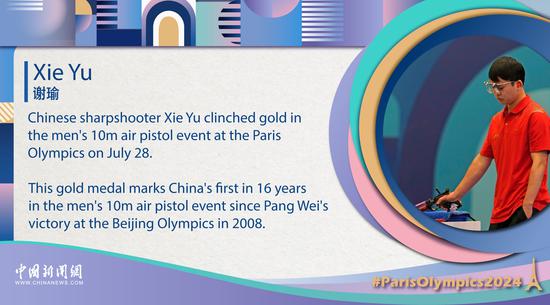

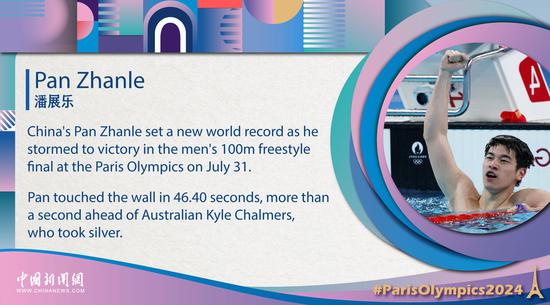

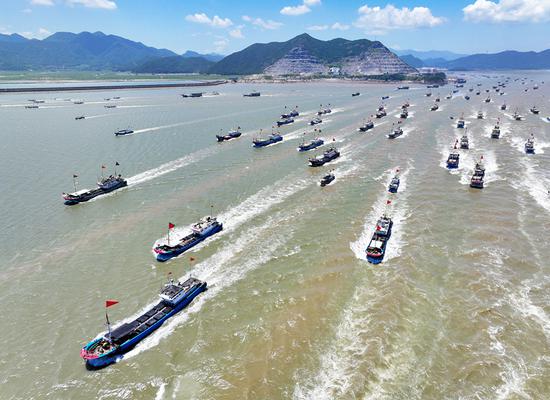
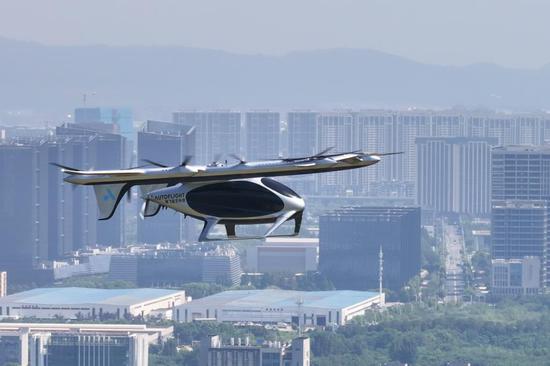
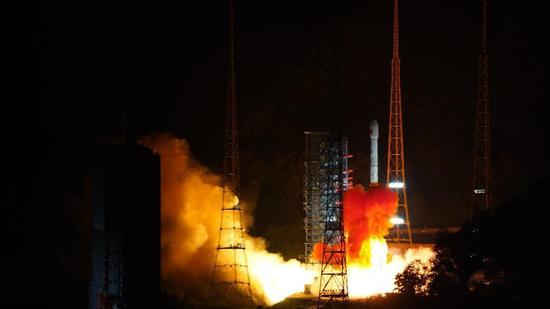






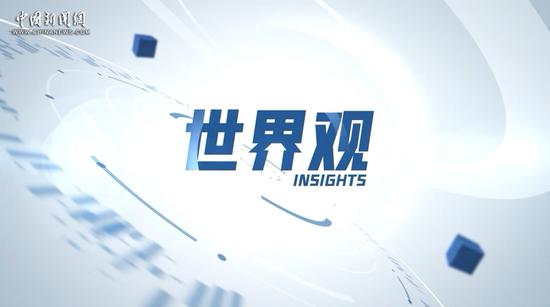

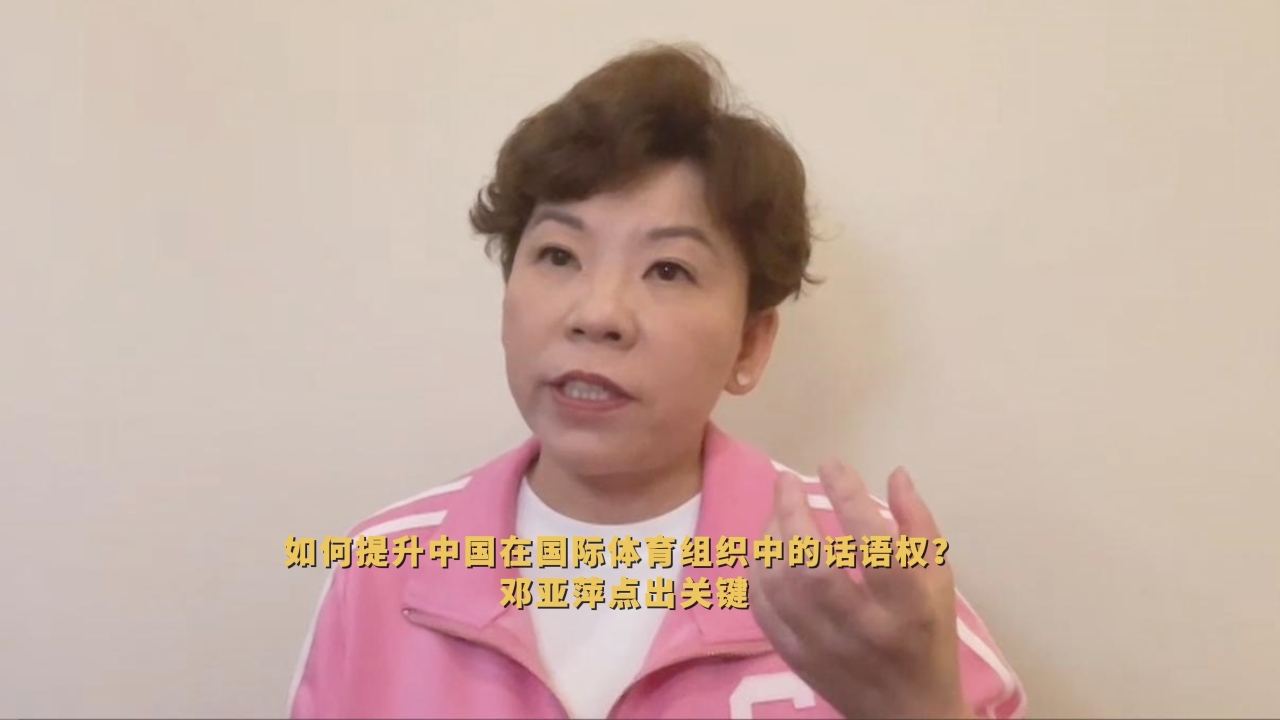

 京公网安备 11010202009201号
京公网安备 11010202009201号